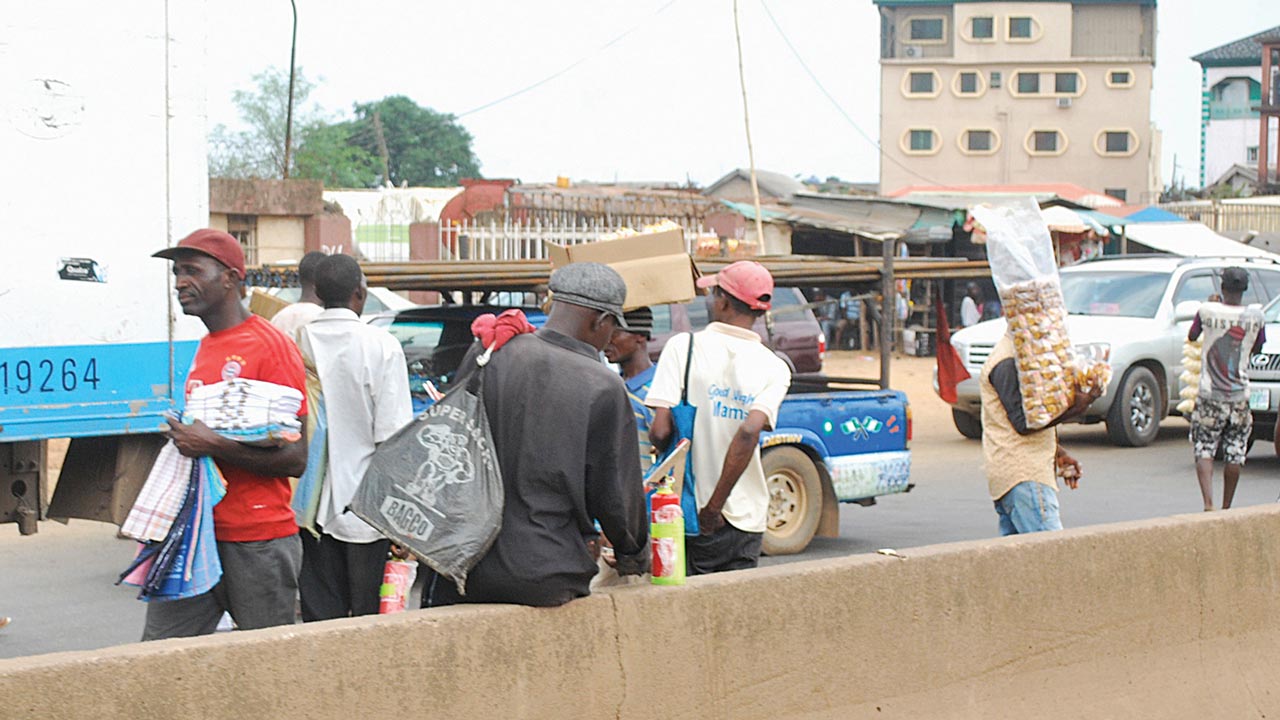“A time shall come when the white man’s country will no longer be safe for African leaders to travel to, they will be forced to stay and make positive change for Africans.” –Nelson Mandela. 1918-2013.
Who would have thought that a time will come in the history of Ghana when the country will close its borders to foreigners, particularly Europeans and Americans? Who would have imagined that at a time in our history, our youth will be looking at foreign embassies, particularly those ravaged by the deadly coronavirus with fear? Not the fear of having their visa applications rejected, but rather the fear of contracting coronavirus.
Yet, that is the reality that confronts us.
But this moment in world history provides Africa with an opportunity. It provides the continent with a unique opportunity to wean itself economically from the culture of dependence. To state that Africa is well resourced enough to take care of itself is to over flog a dead horse.
The World Bank and the International Monetary Fund are predicting doom for the world economy, projecting that the world is likely to slip into another great depression akin to the 1930s. That grim outlook is likely to worsen the plight of many African countries, Ghana included. But there is a way out. This is the time to make Africa great by looking inward and strengthening local businesses.
If there was ever a time, the government must listen to the voices of the business community, it is now. It cannot be business as usual because it could sink this country, and Africa, into a crisis that will be difficult to redeem.
As we seek to recover from the extensive damage coronavirus will do to our economy in an election year, we must hold the hands of business owners because we will need them to bring back the jobs drowned by this crisis.
Our leaders, particularly the political elite, must do everything possible to protect local businesses, rather than the pull him down syndrome that collapses businesses and leave ordinary people jobless. It is the reason the government deserves an applause for the announced stimulus package.
This is because If there is one lesson COVID-19 has taught us, it is to be self-reliant because when it comes to the crunch, no country will be willing to sacrifice the comfort of its people for us.
As COVID-19 battered the United States, for instance, it began fighting Europe and India over ventilators, masks and other PPEs.
This is the reason we must empower our people to produce and grow our industries. We have everything it takes to sustain ourselves, but leadership and our appetites have made our tongues slaves to foreign goods while our made in Ghana products struggle to sell. Haven’t we turned to the local garment industry to produce PPEs for the health sector? What prevents us from training more skilled personnel including engineers, agronomist, scientists and incentivising local businesses to lead our agenda for growth.
This is the time to recalibrate our minds.
After this crisis, we must take a critical look at the training of health personnel. We need to train more doctors and nurses because we would need them and the world’s health care system, particularly Europe, which has been hard hit would need them. If we can’t afford to employ them here, at least let’s train them for employment elsewhere. Their remittances will count in our economy. It is the reason we must scrap the quota system in the training of our nurses.
But in all these, there is also a nexus to tap into—our diaspora.
Figures from the Brookings Institute, a Washington DC-based think tank, suggest that Africa’s diaspora has about 30 million people. 8.2 million live in Europe and 2 million live in the Americas. The migration of Africans to greener pastures is nothing new. Starting in the 1960s, Africans began to migrate to the West and by the 80s, more than 30% of Africa’s highly skilled workers had departed its shores.
But a number of them are returning home. Ghana’s Year of Return and its planned ‘Beyond the Return’ Initiative could be a great catalyst for the return of these kinsmen and women who have the resources and the skill to partner to grow our economies.

With the majority of countries on the continent noticing the need to diversify from traditional income sources, entrepreneurship is the next oil and gold. So far, entrepreneurship has yielded huge returns for entrepreneurs, and according to experts, there lies great untapped potential to drive the African continent into its next phase of development.
But there is a problem. Over the years, successive Ghanaian governments have used tax exemptions presumably to help the country stay in competition for foreign direct investment, incubate new companies into maturity and create jobs.
But the reality is that we are misdirecting the much-needed resources that should stay in this country elsewhere. The high volumes of exemptions alone can reduce Ghana’s borrowing and its subsequent debt servicing.
According to data from the Ministry of Finance, Ghana blows more than $2 billion annually on tax exemptions, Majority of the incentives go to foreigners while we bruise local businesses with tax burdens that doesn’t help them to grow to create jobs and give back to society.
Our leaders were quick to praise Chinese billionaire Jack Ma for donating coronavirus test kits and other personal protective equipment to Ghana and other African countries. But the question to ask is how are we supporting our entrepreneurs to grow the way the Chinese government supports Mr Ma and the American government, Bill Gate?
In Ghana, the moment an axe hits the ground, tax authorities are chasing businesses to fulfill their tax obligations, but are quick to cut huge incentives to foreign business that repatriate millions, if not billions of dollars outside the country annually.
But equally important is transparency in how we use our taxes. If we continue to blow taxes on frivolous things, it serves as an incentive for the populace to evade tax.
While our economy continues to be foreign dominated, our young people are increasingly unemployed. Our tertiary institutions graduate not less than 100,000 young people annually, with very limited employment opportunities.
Unemployment around the continent is also worrying. A 2013 study by Brookings Institution, found that African youth (15-24 years) constitute about 37% of the working age population. The same age group, however, accounts for about 60% of jobless people in Africa.
Today, brain drain continues to strip Ghana, and other African countries, of its best and brightest minds. The drain is especially widespread amongst the middle class with countless skilled workers seeking and finding their way out. Our streets are pulsating with thousands of angry youth selling anything from tubers of yam, toilet roll to dog chains.

Entrepreneurship is our solution. However, for entrepreneurship to strongly impact Ghana, for that matter, Africa’s economy, governments must tackle some of the greatest challenges that impede its progress, including lack of funds, relevant mentorship and poor government policies. In addition, our governments should consider giving the indigenous private sector incentives through tax relief to create more jobs.
The COVID-19 pandemic will deal a blow that will take time to recover. But there is always a rainbow after the storm. This is the time for Africa to be great again. We can’t afford to miss this opportunity.
The author is the President-General of the West Africa Nobles Forum and Chancellor of the Wisconsin International University College
















